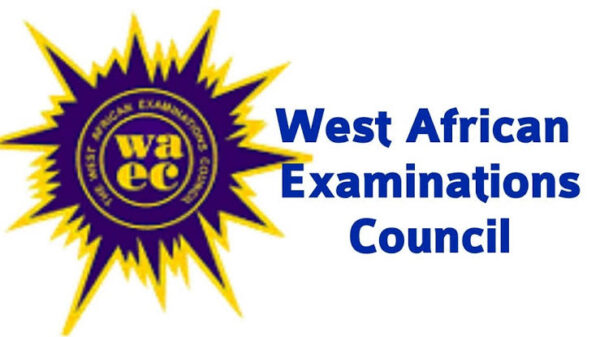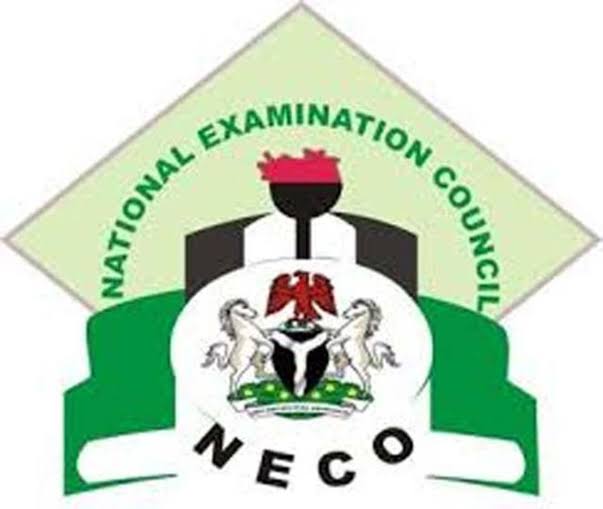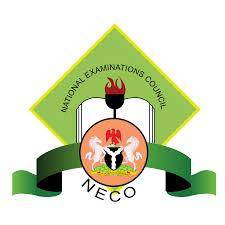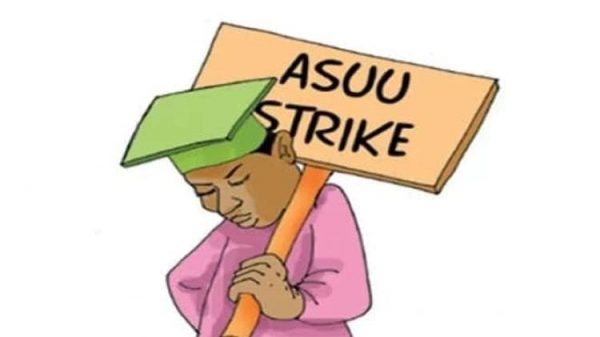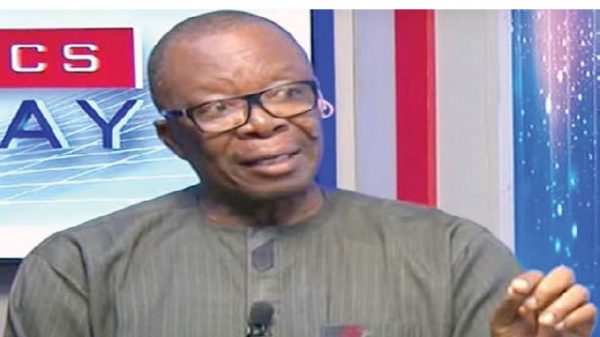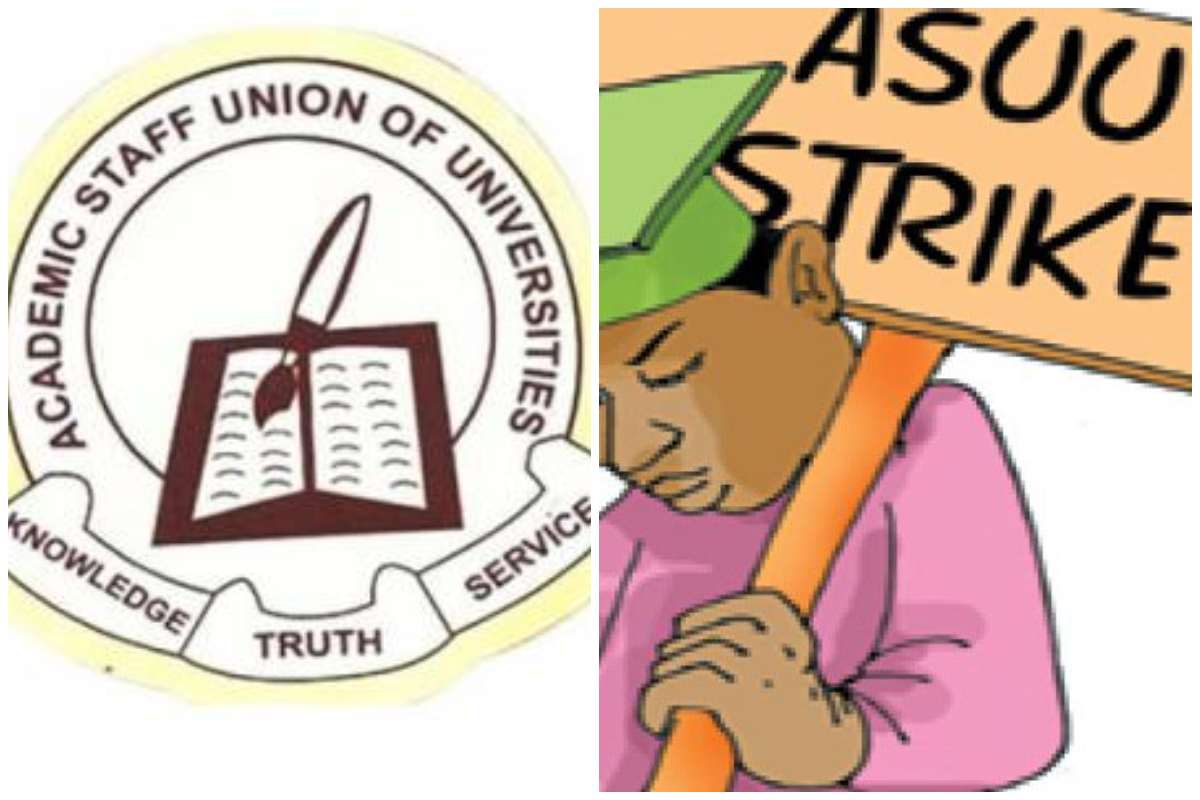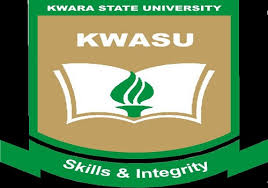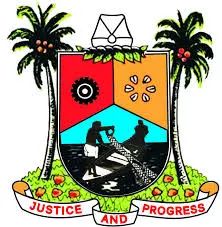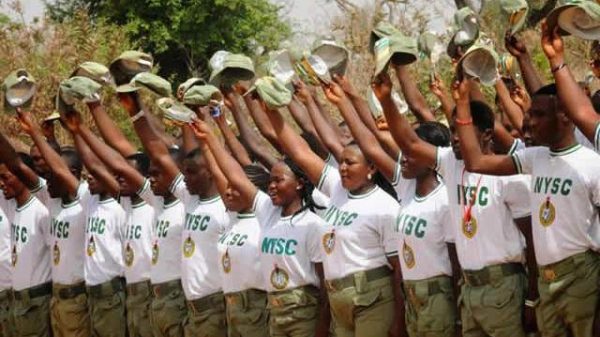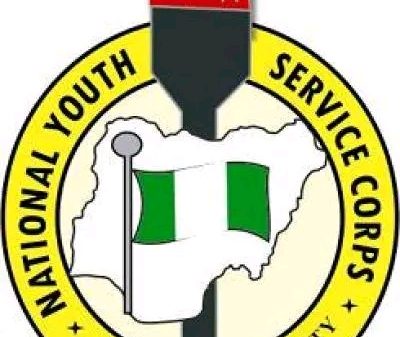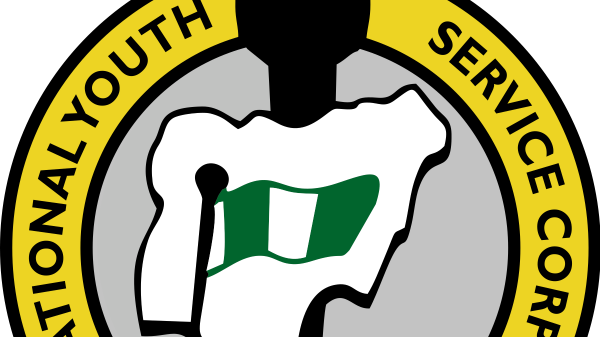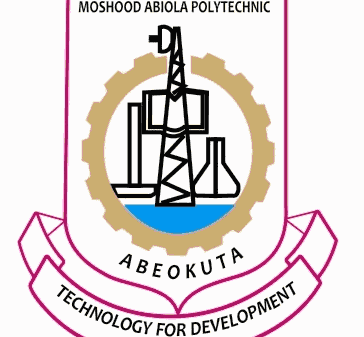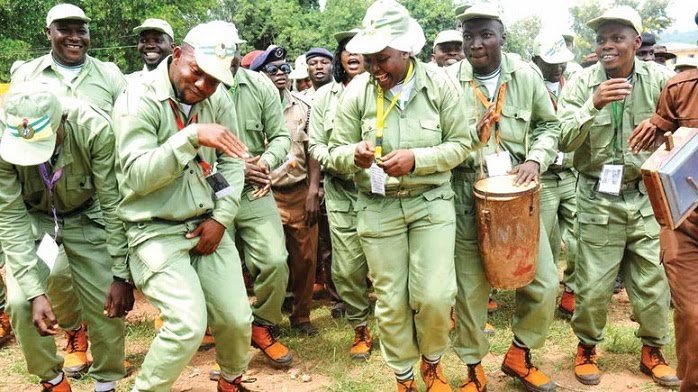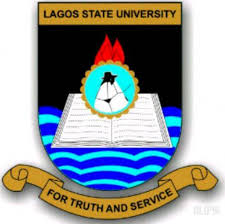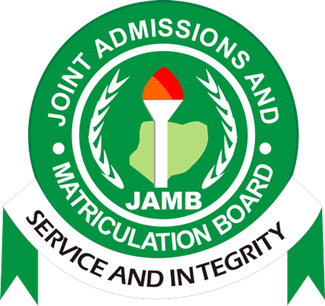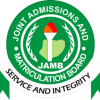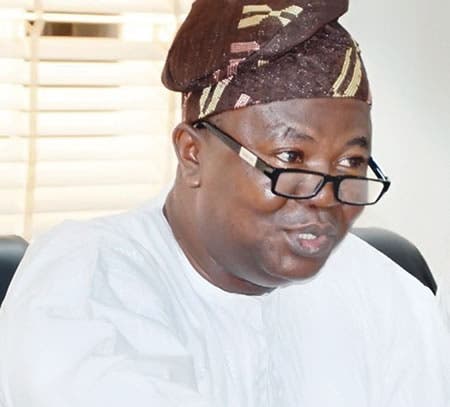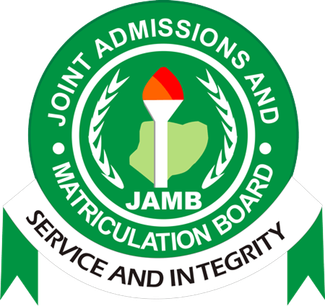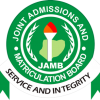Before going for any scholarship interview, one of the very first things to do is to understand how to answer a common scholarship interview, this helps you prepare well for the interview, and puts you in a better chance of passing and being awarded the scholarship.
If you don’t know how to answer scholarship Interview questions, it is nothing to worry about, as long as you are ready to learn, moreover that’s why you are reading this article. By the time you are done, you should be familiar with how to answer common scholarship questions.
Scholarship Interview Tips
It’s unlikely that they are interviewing every applicant, which means that you are on the right track to securing the funding you need to go to the university of your dreams, but that doesn’t mean it will be easy.

Interviews can be stressful, and you need to find a way to keep your cool and make yourself stand out from the other applicants.
If this prospect is nerve-wracking, then don’t worry. One of the best ways to overcome your fears and to put the best version of yourself in front of your interview committee is to prepare.

By knowing the types of questions you may be asked and practise your responses to them ahead of time, you’re more likely to keep your cool and showcase your potential.
Popular Scholarship Interview Questions and How to Answer them.
The interview is an opportunity for the interviewer to learn more about you beyond what he already knows about your scholarship application. It also gives you the opportunity to let your personality shine and connect with the interviewer.
This process can increase or decrease your chances of obtaining funds. So you have to take it seriously. By reading the following list of scholarship interview questions, you will practice and begin to prepare for this important interview.
Question 1. Tell us about yourself
This is often used to build a good relationship, this question is one of the most difficult to answer. While it may be tempting to recite the content of your application or resume, these are details that your interviewer already knows.

It has an open platform to showcase your special abilities and interests. This gives you the opportunity to show why you are unique and why you are the best candidate for the scholarship.
However, do not run out of breath. Keep it short and sweet. If the interviewer wants to know more details, he will ask you.
Example: I am passionate about my work. I am ambitious and driven. I am highly organized. I’m a people-person. I’m a natural leader. I am results-oriented. I am an excellent communicator. Use Words to describe your work style.
Question 2: What Extracurricular Activities Do You Involve in?
This is another common scholarship interview question. Here, the interviewer is trying to find out your other activities asides your study.
It also gives the interviewer a peek into your personality, if you are responsible. Also, how you blend and interact with others in a team.

Here, you’re to tell your key extracurricular activities in school and in your community as well as a couple of accomplishments.
For Instance: Talk about Sports, Foreign languages, Volunteering and fundraising, Job-specific activities etc
Question 3: Tell us about your greatest strength
If you’re sitting in front of an interviewer or committee, the chances are good that they see a lot of strengths in your application, which is why they asked you in for an interview.
So, relax if this question comes up. It might be uncomfortable and feel like you’re bragging about yourself, but that’s why you want to plan ahead of time for this question.

Pick a quality that you feel is your strongest and give specific examples and stories as to why it’s important. If you’re an excellent writer, talk about a time your writing made an impact. If you’re a great athlete, tie a specific experience or accomplishment to your strength in athletic performance and why it mattered.
For example, you could say: “My greatest strength is attention to detail. I’ve always been detail-oriented in my work, and it’s something I enjoy. I saw on your job description that this role involves a lot of detail-oriented work, which is one reason I applied.”
Question 4: What is Your Greatest Weakness?
This is another common scholarship interview question. For this interview question, your interviewer is trying to assess whether you examine yourself for flaws from time to time. Of course, we are all not perfect, so you’ll need to specify one of your weaknesses that may hinder your success at college.

However, you’ll have to show that you’re attempting to improve, or that you’re trying to overcome this weakness completely. Again, like your strength, give examples.
You could say any of these; Leaving projects unfinished. Providing too much detail in reports. Shifting from one project to another (multitasking). Taking credit for group projects. Taking on too many projects at once. Taking on too much responsibility. Being too detail-oriented.
Question 5: What is the Biggest Mistake You’ve Ever Made?
A variation of the weakness question, this one has been popping up more frequently as it can elicit a powerful response. Not only might this question make some candidates uncomfortable but also it forces you to be self-aware.
Just like your answer about your weaknesses, choose a specific experience where there is a positive result showing you handled it well. Spend the majority of the time discussing how it helped you to learn, grow, and evolve as a person.
Question 6: Why should you be the one to receive this scholarship?
Although your high GPA and desperate financial need seem like the right answer to this question, that’s not what your interviewer is looking for when asking this.

Your application already makes those things clear. What they want to know is why you are worth investing in.
Your answer should include information about what makes you unique and how your past successes will feed into your future success.
Tell them why you are a good investment, and give them a narrative to back up your claims.
Question 7: Where do you see yourself in ten years?
Interviewers know you don’t have a crystal ball, but the scholarship committee is still looking for reassurance that you have a game plan.
If you’re applying for a scholarship to fund your four-year degree, they want to make sure that down the road, you don’t still see yourself as an undergraduate.
It’s okay to dream big with your answer, but it’s also important to incorporate how the scholarship will facilitate your success in achieving that. Tell them why their money matters.
Question 8: Who is Your Role Model?
This is another pretty common scholarship interview question. Here, the interviewer wants to know the kinds of traits you admire, whether they are positive.

You know the people you admire speaks volume about your person. Meanwhile, to answer this question, you’ll have to state who your role model is. It doesn’t matter whether the person is a family member, teacher, or a celebrity.
You’ll point out the traits they have which you admire, as well as their flaws because no human is flawless. Your answer will be richer if you can show how your role model tries to overcome their flaws.
Question 9: Tell me about your leadership experience
Some scholarships require you to possess leadership skills. This is a common interview question for those kinds of scholarships. The interviewer simply wants to know how much responsibility you can take for the welfare of others.
When answering this kind of question, don’t restrict yourself to leadership roles in a formal setting. You should explain how you were able to lead people in a positive way, which may not be easy for someone else to do.
Question 10: Why Did You Choose This College?
This is a very common scholarship interview question for scholarship applicants. It is designed to learn about you and not the institution you’ve selected.
You don’t need to be a university tour guide and tout the amazing football program or the excellent education you plan to receive. Instead, focus on the things that are most important to you and why.
If your school is well-known for their linguistics program or research facilities, talk about why that appeals to you and how you hope to utilize them during your education.
If it’s applicable, you can walk the committee through the process you went through determining which institution was the best fit for you. They want to know why you think you will be successful and make a difference there, so tell them.
Question 11: What subject is your favorite in school
Another way that interviewers will try to get you to reveal parts of your personality is to ask about your passions and things you like to study.
Choose a subject that you love, and tell them why it’s your favorite. Avoid saying things like “because I’m good at it” or “it comes easily to me.” Instead, focus on something that ignites your fire and makes you feel curious and excited.

This is also an excellent time to talk about an award or an achievement and give an anecdote about how you won it.
For example, if your favourite subject in school is history, you can discuss how it helped you prepare for a debate tournament you entered or a history fair you won.
Question 12: Were you involved in any activities at school or in the community?
It’s likely that this information is also on your application, but even if it’s not, resist the urge to list the 15 different clubs you participated in.
Choose a handful where you made notable contributions and highlight your accomplishments. This is another opportunity to tie your passions into the award.
If you are applying for a scholarship for writing, discuss the work you did with the yearbook committee or the school newspaper.
If you’re vying for an award in medicine, talk about your volunteer work at the hospital or animal shelter. The more relevant the activities are to the scholarship, the better.
Question 13: Why Do You Deserve this Scholarship?
This is a common scholarship interview question that you must come well prepared for. It is so common that there is almost no chance of your interviewer skipping this question.

Here, the interviewer wants to be sure you know what the scholarship you’re applying for entails. You have to show them, however, that you possess the traits they listed in the scholarship advert.
Thus, to effectively answer this, you’ll have to be conversant with the scholarship description and the traits they are looking for.
Question 14: How Do You Plan on Spending the Money?
This question is pretty easy and straightforward. The interviewer merely wants to know how you hope to achieve your academic or important financial goals with the award money. So, you’ll do well to explain just that to them without attaching any trivial expenditure.
Question 15: Do You Have any Question for Us?
The interviewer by this question wants to see if you are really excited about the scholarship. They also want to know if you are robotic, answering only questions they ask you.

Prepare yourself for this stage even while the interview is ongoing. Take note of the questions the interviewer asked you and ask up to four questions based on what you learned from the interview.
How Do I Pass A Scholarship Interview?
Here are some of the things to do while preparing for a scholarship interview to place yourself in a better position to pass:
- Practice
- Research
- Remain calm
- Havea clear mind and conscience
How Long Does A Scholarship Interview Last?
Scholarship Interview typically lasts for about an hour, but this may be more or less depending on the kind of Interview and the organization awarding the scholarship.
Conclusion: How to pass Common Scholarship Interview Questions
There are many more questions interviewers may ask, but they are all similar in nature. You just have to figure out the goal the interviewer has by asking this question. Then, you will know how to answer it.
Remember that with scholarship interview questions, there are no wrong answers. Be yourself, be truthful, and keep it professional. The committee has already decided that you are a top candidate on paper. And now this is just your turn to shine.
About Author












